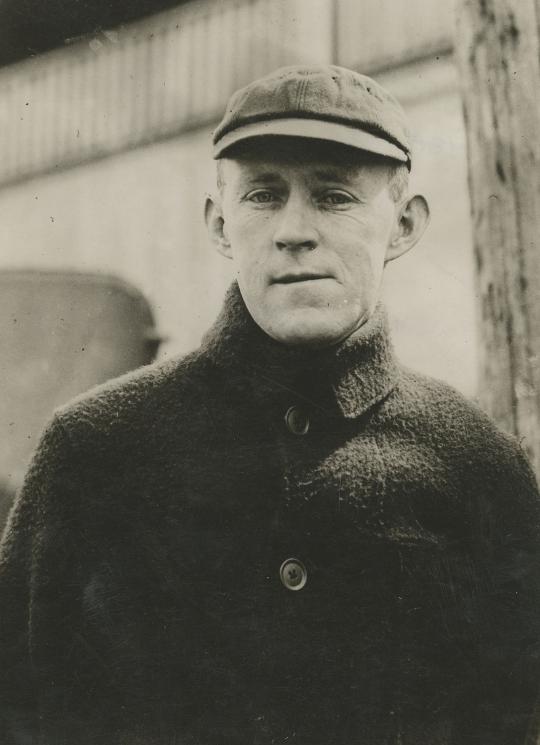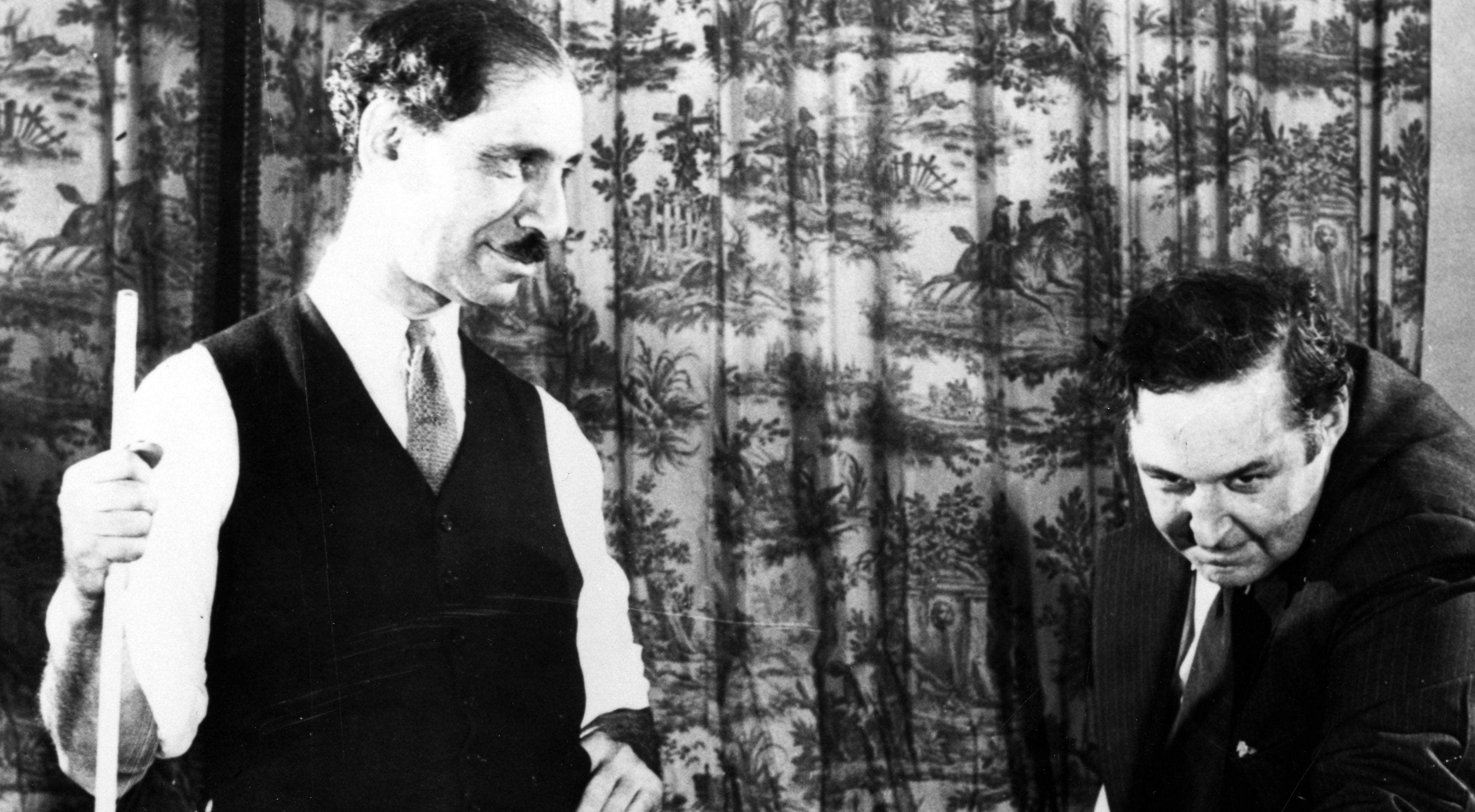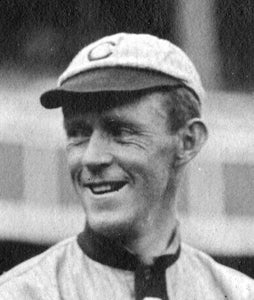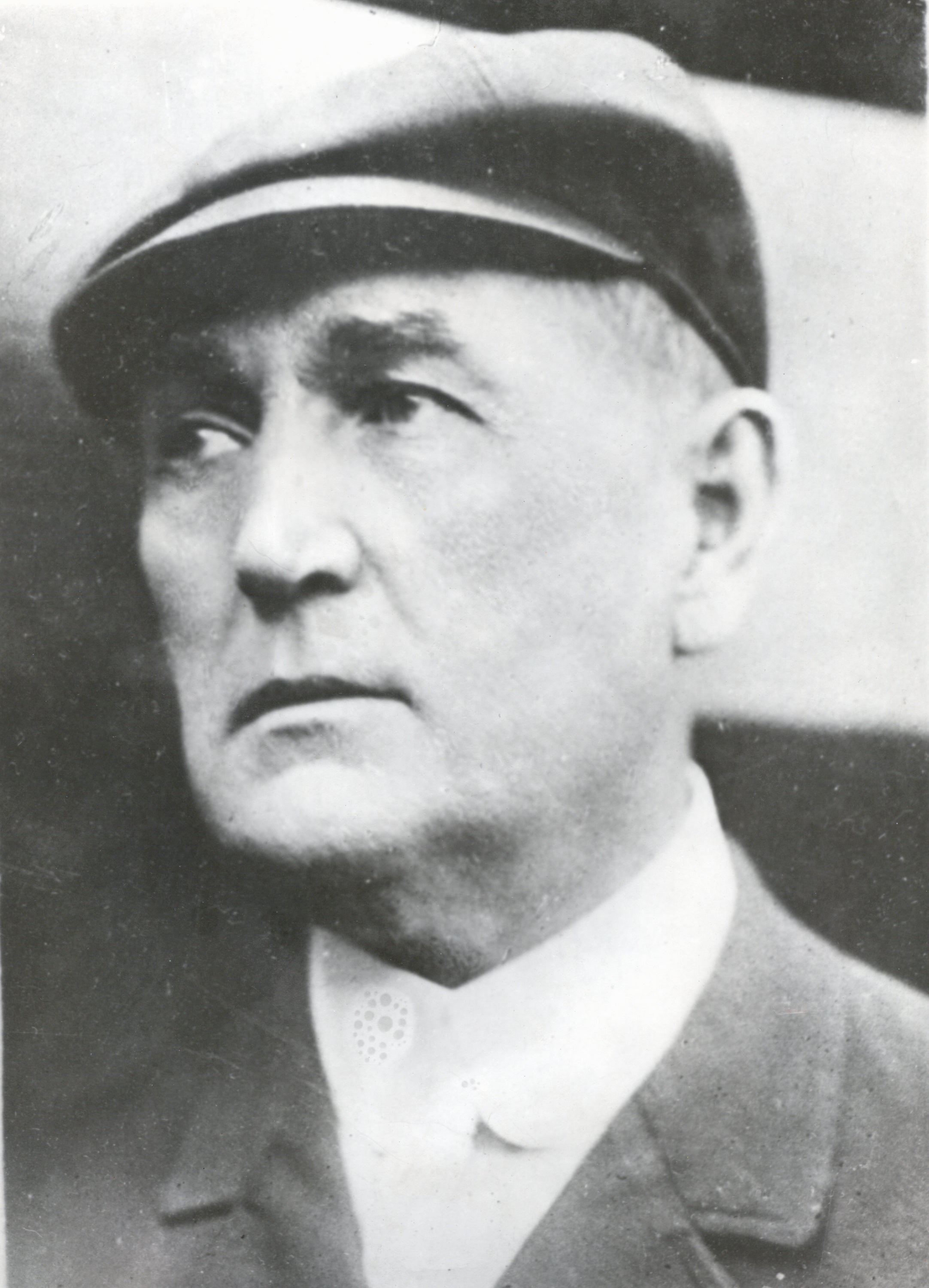- Home
- Our Stories
- #Shortstops: A Brave beginning
#Shortstops: A Brave beginning
At the beginning of the 1914 season, Johnny Evers was no longer a Chicago Cub.
The second baseman – who helped lead the Cubs to four National League pennants and two World Series Championships from 1906 to 1910 – was now a member of the Boston Braves. Player transactions are nothing new, but the events that led up to Evers’ departure and the consequences it caused makes this transaction noteworthy.
Before the start of the 1913 season, Cubs owner Charles W. Murphy named Evers player-manager of the team. Murphy unceremoniously let go the previous manager, Frank Chance, by announcing that he would not come back as manager while Chance was recuperating from blood clot removal surgery. Under Evers’ leadership, the 1913 Cubs finished the season in third place in the National League with an 88-65 record.
In early 1914, Evers wrote to Murphy asking for a change in his contract. Murphy responded by replacing him as manager with umpire Hank O’Day, who had previously managed the Cincinnati Reds in 1912. Murphy failed to tell Evers of the move and told the press that Evers resigned.
Evers felt betrayed, stating: “I stuck to Murphy through thick and thin. I never showed any disrespect for him. I was loyal and painstaking. But after the deal Chance got I might have known I would get the same.”
Murphy picked the worst possible time to let Evers go, as the American and National leagues were in a player war with the upstart Federal League.
The owners feared that Evers would jump to the new league, because he balked at Murphy’s attempt to trade him to the Braves for Bill Sweeney and Hub Perdue.
Ban Johnson – the President of the American League – was furious at Murphy. He pressured National League President John K. Tener and the other NL owners to get rid of him and prevent Evers from joining the Federal League.
In response, the National League “voided the trade and awarded Evers contract” to the Braves, allowing the deal to go through for Sweeney and cash. Braves owner James Gaffney gave Evers a four-year contract for $10,000 a year plus a $20,000 bonus and incentives if the Braves finished in the first division (the top half of the eight-team National League).
The league then forced Murphy to resign as president of the Cubs and sell his shares to minority owner Charles Taft – the brother of former U.S. President William Howard Taft – for $503,500.
In the National Baseball Hall of Fame and Museum’s Dean O. Cochran, Jr. Photograph Archives is a picture of Evers in a Braves uniform. The photo, published in the New York World-Telegram, comes with the caption “March 18, 1914 - A new picture of ‘Johnny’ Evers, star second sacker-formerly of the ‘cubs’ and now with the Boston ‘Braves” – just received from the training camp."
Playing for his new team, Evers earned his incentive by leading the Braves – who were in last place in early July – to the National League pennant and won the Chalmers Award as the NL’s Most Valuable Player. In the World Series, he batted .438 as the “Miracle” Braves swept the heavily favored Philadelphia Athletics.
Matthew Carter was a curatorial intern in the Hall of Fame’s Frank and Peggy Steele Internship Program for Youth Leadership Development
Related Stories

Grover Cleveland Alexander of the Phillies defeats Cy Young of the Braves 1-0
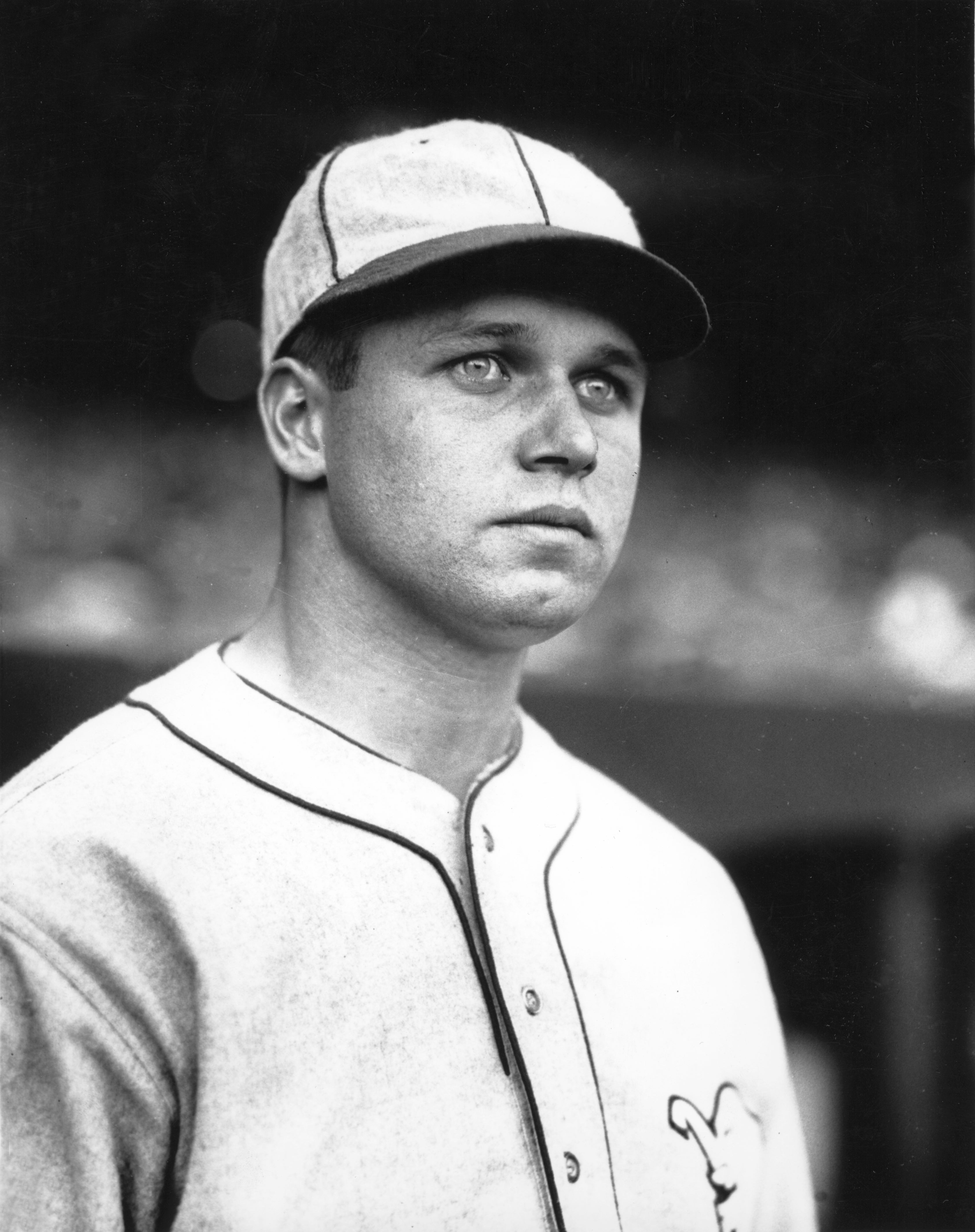
Philadelphia A’s trade Jimmie Foxx to the Boston Red Sox
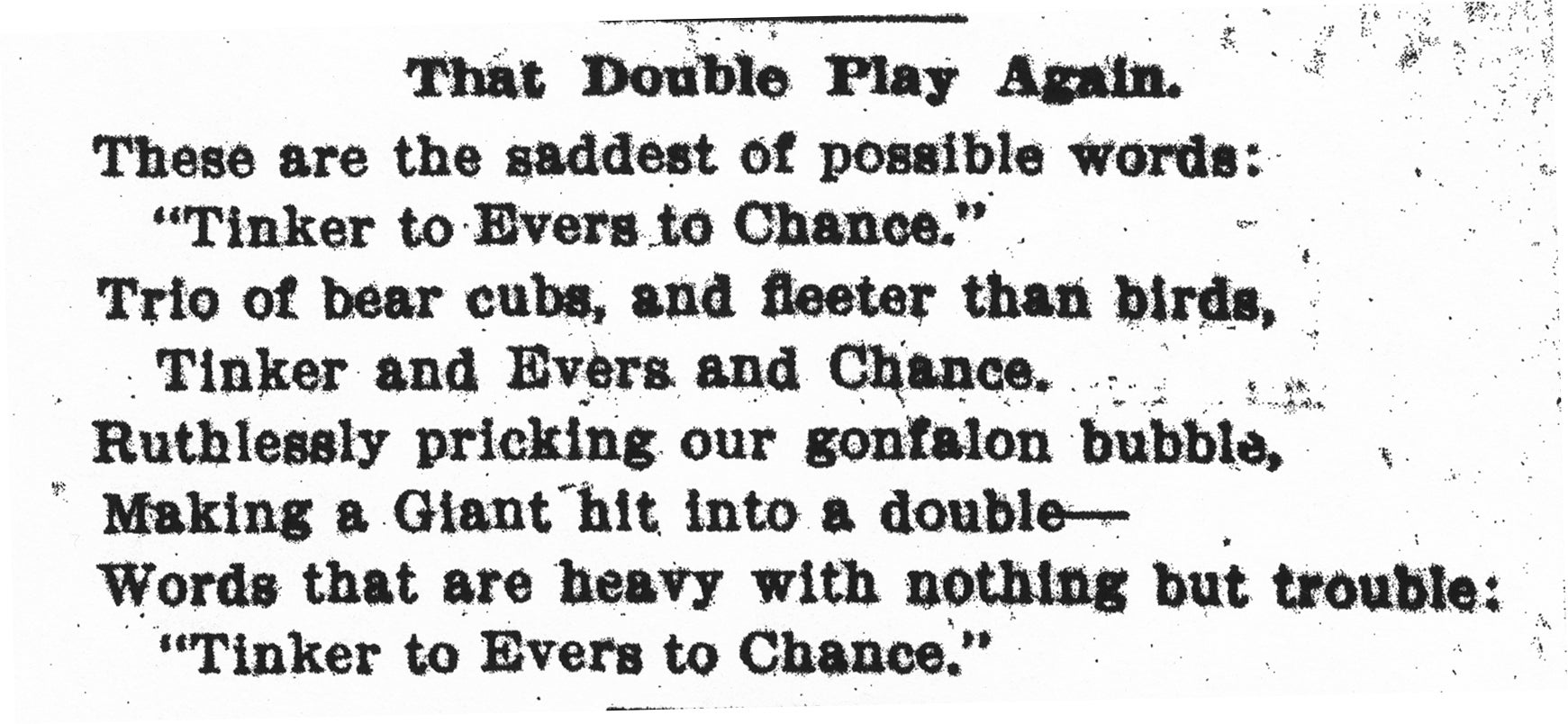
Baseball’s Sad Lexicon immortalized a historic infield

Grover Cleveland Alexander of the Phillies defeats Cy Young of the Braves 1-0

Philadelphia A’s trade Jimmie Foxx to the Boston Red Sox


